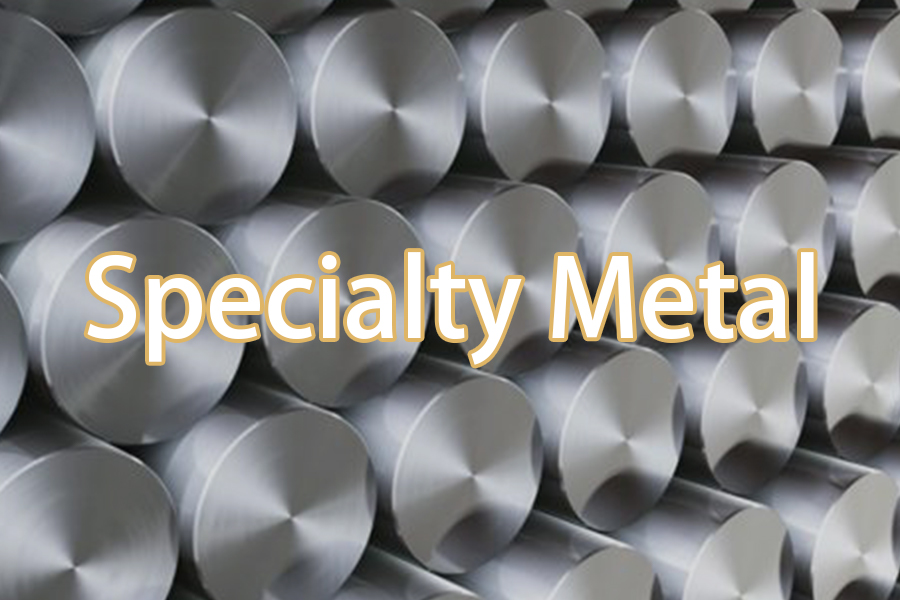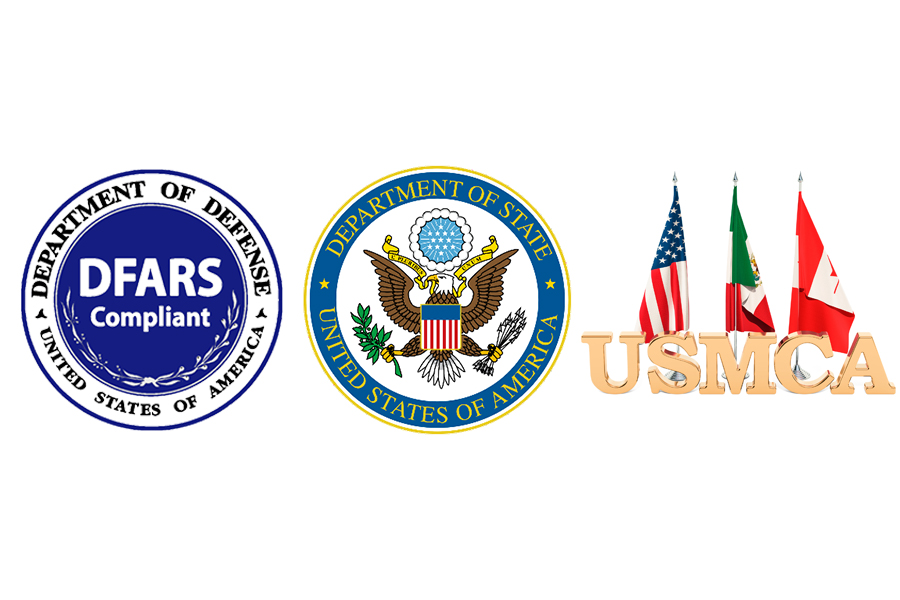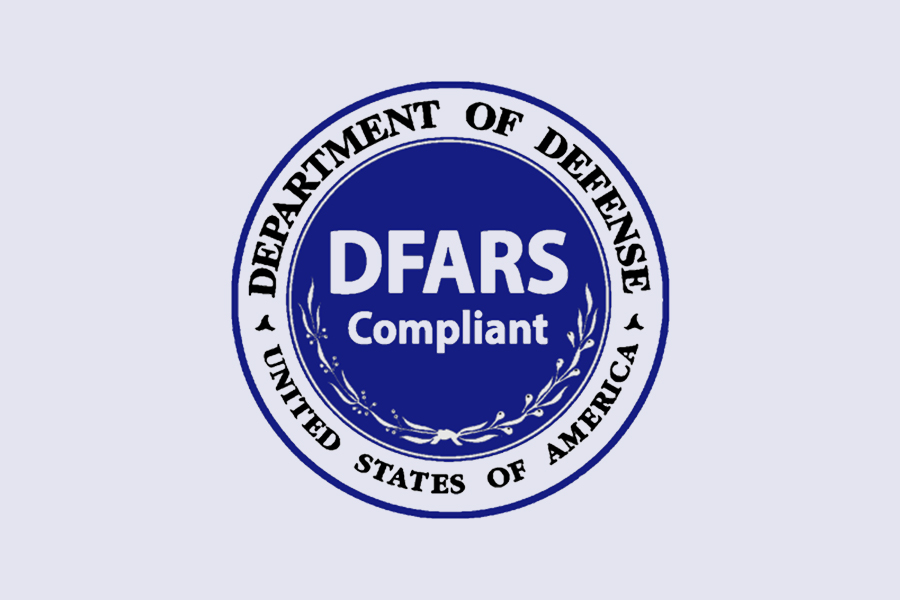Specialty Metals And DFARS 252.225-7009
Definition
Special Metals constitute the primary materials used in defence and aerospace applications. DFARS 252.225-7009 regulates the processing of these materials. Essentially, the regulation mandates that these Metals are smelted in the United States. The measure ensures traceability and quality control during manufacturing. Consequently, it assists in mitigating supply chain risks.
Covered Metals
The regulated metals are specific. They include:
- High-alloy steel: Steel containing additional alloying elements is noted for its hardness and resistance. It is employed in structural components of military vehicles and installations.
Titanium, Zirconium, Nickel/Cobalt alloys: These materials are in demand due to their low density and strength. They are used in jet engines, armour plating and other critical defence applications.
These materials possess defined properties that suit high-risk, high-performance industries. For instance, Titanium exhibits a high strength-to-weight ratio. Zirconium may be processed to offer enhanced corrosion resistance relative to other common materials. Nickel and cobalt alloys maintain integrity under elevated temperatures. For additional domestically produced materials in the United States, refer to Stanford Advanced Materials (SAM).
Exemptions
The rule is not absolute. Specific exemptions apply to the mandate that melting is conducted in the United States:
- Standard commercial products: The majority of off-the-shelf components are excluded from this requirement.
- Small fasteners: Components such as small screws or bolts are typically not subject to these requirements.
- Limited imported content: In some cases, portions of the manufacturing process using imported material do not affect the complete production batch. These exemptions support regulatory compliance while sustaining production efficiency.
Identification and Proof of Compliance
To determine whether special metals comply with the regulation, several straightforward procedures are implemented.
- Manufacturing Test Reports (MTRs): These formal documents indicate the location at which the metal was smelted. They contain detailed information that enables traceability to the original facility.
- Material certificates: These certificates provide details on the alloy composition and confirm compliance with the criteria delineated in the Supplement to the Federal Acquisition Regulation of the Department of Defence.
- Supply chain documentation: The smelting process must be documented until the final processing stage. This documentation tracks the origin of the smelt at every point in the supply chain. Consequently, issues concerning source and consistency are resolved promptly.
Conclusion
The regulation of special metals constitutes both a technical requirement and a measure to safeguard national defence interests. By mandating that metals with strategic value are smelted in the United States, the regulation supports the maintenance of a traceable and reliable supply chain.
Frequently Asked Questions
F: Which metals must be smelted in the United States according to the regulation?
F: High-alloy steel, Titanium, Zirconium and Nickel/Cobalt alloys must be smelted in the United States.
F: Which items are exempt from the regulation?
F: Exempt items include standard commercially available components, small fasteners and products incorporating a limited proportion of imported material.
F: How do companies demonstrate compliance with the regulation?
F: Manufacturing test reports, material certificates and supply chain documentation are used to demonstrate compliance.

 Converters & Calculators
Converters & Calculators
 Chin Trento
Chin Trento



